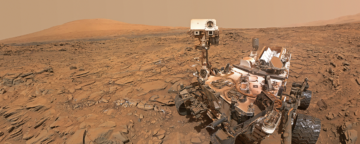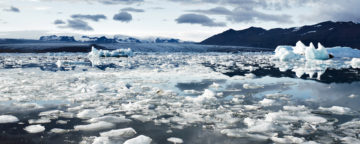A study of the Pope's encyclical on climate change conducted by researchers at the Annenberg Public Policy Center has been featured as a "research highlight" by the journal Nature Climate Change.


A study of the Pope's encyclical on climate change conducted by researchers at the Annenberg Public Policy Center has been featured as a "research highlight" by the journal Nature Climate Change.

Oxford has published The Handbook of the Science of Science Communication, the first in a series overseen by the Annenberg Public Policy Center's Science of Science Communication program.

A study found that the Pope's encyclical on climate did not directly influence people’s beliefs about climate change but did so indirectly by raising the Pope's credibility on the issue.

Science curiosity appears to counteract people’s tendency to seek out only information that supports their political biases, according to a new study finding that people who are science-curious are more willing to grapple with surprising information.

The public’s ability to understand the dangers posed by Zika virus may be jeopardized by advocacy groups linking the virus with culturally charged issues such as illegal immigration and global warming, the authors of a new study warn.

Even liberals and moderates who are more likely than conservatives to be suspicious of Fox News can be influenced by a misleading article on FoxNews.com about Arctic sea ice trends, researchers found.

In 2014, 35,000 walruses crowded ashore on an Alaskan beach instead of resting on ice floes. In a newly published case study, researchers studied TV news coverage of the walrus "haul-out" and people's selective exposure to it.